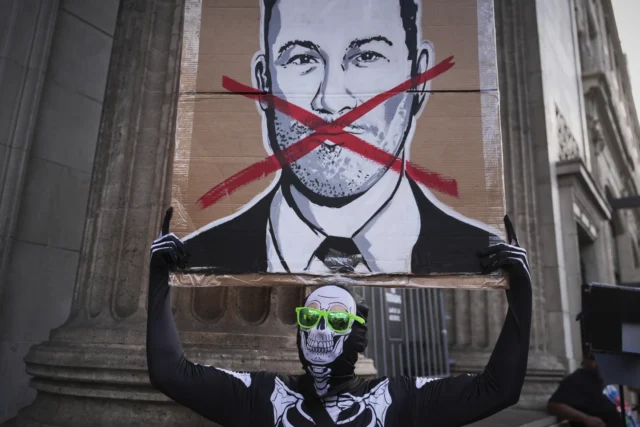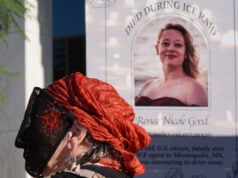
Bassem Youssef, the Egyptian satirist whose “Daily Show”-like program was canceled after the military seized the once pro-democracy government, watched the suspension of Jimmy Kimmel with an immediate sense of familiarity.
“My Fellow American Citizens,” Youssef wrote on X. “Welcome to my world.”
Youssef’s show skewering public figures led to a criminal investigation in 2013 after complaints that he had insulted then-President Mohammed Morsi. When a military coup followed, pressure on Youssef intensified. He announced that the climate in Egypt was “not suitable for a political satire program.” Youssef fled the country and resettled in the United States.
In all the stunning things about ABC’s swift removal of Kimmel, its longtime late-night host and Oscars-hosting face of the network, perhaps the least surprising was that a comedian was at the center of a battle over free speech.
As long as jokes have been told, comedians have drawn the ire of the powerful. That has often put comedians on the front lines of free-speech battles, from George Carlin violating obscenity laws to a satirical puppet show trying to exist in Vladimir Putin’s Russia. In authoritarian regimes, crackdowns on speech usually make comedy a target.
Disclaimer
The information contained in South Florida Reporter is for general information purposes only.
The South Florida Reporter assumes no responsibility for errors or omissions in the contents of the Service.
In no event shall the South Florida Reporter be liable for any special, direct, indirect, consequential, or incidental damages or any damages whatsoever, whether in an action of contract, negligence or other tort, arising out of or in connection with the use of the Service or the contents of the Service.
The Company reserves the right to make additions, deletions, or modifications to the contents of the Service at any time without prior notice.
The Company does not warrant that the Service is free of viruses or other harmful components












